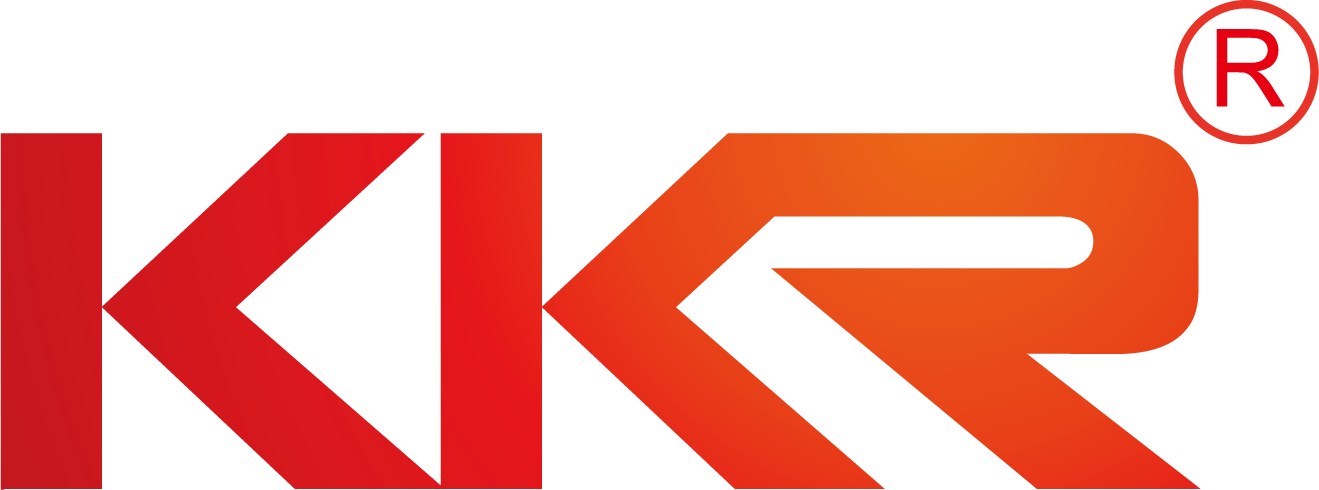 KingKonree - Solid Surface Manufacturer of Sanitary Ware, Solid Surface Countertops & Sheets for over 25 years, innovation in moulding and thermoforming
KingKonree - Solid Surface Manufacturer of Sanitary Ware, Solid Surface Countertops & Sheets for over 25 years, innovation in moulding and thermoforming
the foods you should never put down the sink
The food you should never put down the sink has been revealed --
Some of them may shock you.
According to the Daily Mail, experts disclosed a list of items that homeowners should avoid putting down the kitchen sink, even if there is a waste disposal unit below.
Be careful to put them in the bin instead of flushing them into the sink, which helps to prevent the building --
In the past few years, the British sewers have suffered huge and disgusting fatal damage.
Even if you are one of the few lucky people with a crushing or waste disposal device in your sink, you should still avoid flushing the starchy food, like pasta, potato chips and rice in the kitchen sink.
Paul Abrams of Roto
Rott services told Kitchn: \"When you put a lot into disposal, there are several kinds of food that cause a lot of problems in your drain pipe.
Pasta, potato skins and rice are the most serious violations.
These starchy foods will become sticky in your sewers.
How to deal with: collect the remaining food waste with a sieve or a spoon before throwing away the food.
If you don\'t already have a kitchen sink filter, invest in a kitchen sink filter and collect any small pieces of food with a kitchen towel.
This is the number one enemy of the kitchen sink.
While it may flow out of the drain as a liquid, if you have it, the oil will set up quickly, creating a blockage in your pipe or waste treatment unit.
According to Deer Valley pipeline, even if oil can reach the level of the sewer, it will solidify there and start to form a fat fort that can grow to an epic size.
2013, the Thames found a 10-tonne fatberg -
Considered the biggest ever.
In the Sewers of west London, wet wipes are made up of fat.
The company spent £ 400,000 to repair the damage that fatberg caused to 1940 pipes.
Fatbergs pose the risk of flooding homes with severe sewage and become increasingly problematic throughout the country.
How to dispose of: Pour the oil into the washed sink instead of pouring the oil into the sink
Before wiping off the excess with a kitchen towel, take out the tin first.
Some fat will still inevitably wash the drain, so Kitchn recommends turning on the tap for a minute in the hottest environment before spraying the washed liquid onto the drain.
Let the hot tap run for another minute.
They may be small, but even small pieces of these items can cause serious damage to your drain.
Atomic plumbing says coffee grounds, along with grease, are the most serious criminals responsible for the blockage.
The same is true of broken shell fragments.
These don\'t really crash and can lead to blockages over time.
How to dispose of: Peel the eggs on the trash can away from the sink, collect all the coffee grounds with a sieve when cleaning the cafe, and then throw them away.
According to Putman Plumbing, the seeds are too strong to grind even by the waste disposal unit.
Pulp for any fruit or vegetable-
It\'s hard to break down and will just stay in your sewer and make the blockage.
How to dispose of: if you are cutting fruit or vegetables, collect the seeds with a kitchen towel, or pick them up before throwing them away.
If they stay on your plate, make sure you scrape them into the bin before washing them in the sink.
According to Evans Plumbing, if you have a waste disposal unit, a good rule of thumb is not to put anything there that you can\'t chew.
But there are some exceptions.
Sticky or fiber foods like celery or asparagus should never be placed in a sink or in a waste handling unit.
The food residue can obviously be wrapped around the waste disposal unit, causing blockage or stopping the motor.
How to dispose: throw them in the bin before putting them in the waste disposal unit, or at least cut the waste into very small pieces. Fatbergs -
Gather together with other waste to form solidified fat of solid blocks-
Sewers are becoming increasingly problematic across the UK, especially in London.
On August 2013, Kingston on the Thames in southwest London discovered the capital\'s largest fatberg ever, weighing 15 tons.
The most common cause of drainage blockage is make-
Diapers, fat and grease, chewing gum, floss, plasters and construction waste.
Staff from the Thames usually use powerful suction equipment to break the blockage and then high
A water jet that powers the tunnel.
The company spends about £ 1 million a month cleaning up fat and blockages, processing 55,000 of them each year.
The situation is similar for other UK water companies.
Company Info
Address:Room No. 2408-2508, Building 5A, Longguang Jiuzuan, Longhua District, Shenzhen, China
Zip Code: 518131
Tel: +86 (0)755-82875700
Fax: +86 (0)755-82875921

